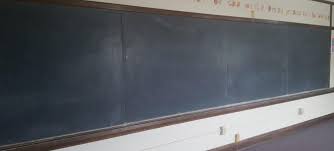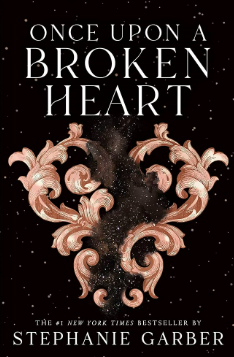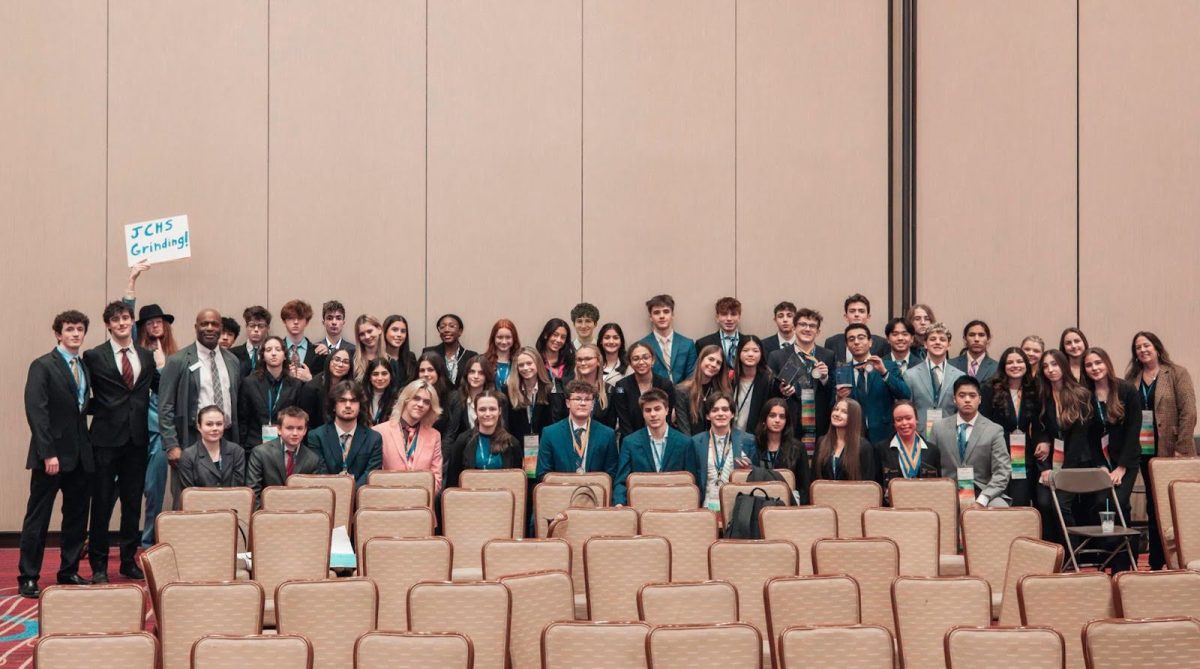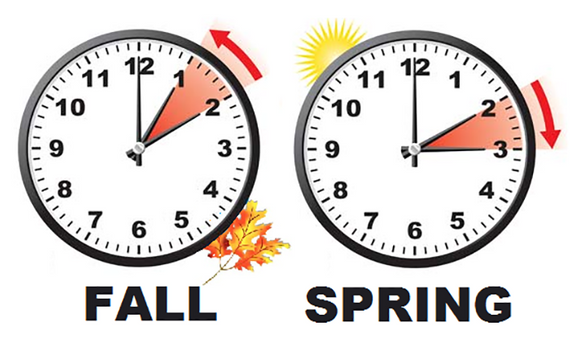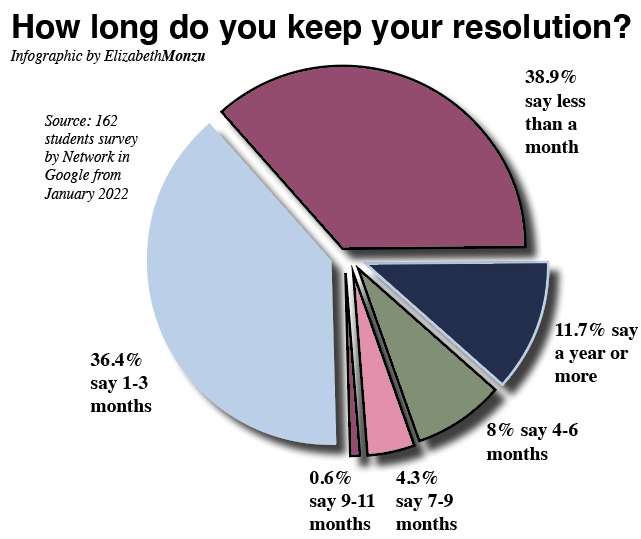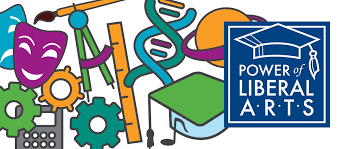“Sometimes you have to do what pays the bills and do what you love on the side,” an adult who had majored in engineering confessed after expressing my major of choice. It seems this is the “advice” that leaves the mouths of adults with high paying jobs, or even just a job. As a hopeful Journalism Major, I’ve encountered much more than the generic “do what pays the bills even if you hate it” advice.

Upon scrolling through countless articles offering unsolicited college advice during my Junior and early Senior years, it seemed the writers echoed the same three sentiments: “Liberal Arts are useless,” “The Liberal Arts won’t land you a job,” and “Don’t major in it.” It was especially discouraging when I saw the same, condescending, blanket statements applied to my potential majors at the time. There were more than enough articles to go around which claimed “English is a useless degree,” to the harsh “Fine Arts majors don’t find jobs,” and my favorite: “Journalism is a dying field.” Look up any Liberal Arts degrees and you will encounter dozens, likely hundreds of articles on why you couldn’t have chosen a worse major.
In the age of COVID-19, STEM majors are understandably what the world needs most at the moment. Critical Reading skills cannot be equated to Medical Research in terms of their efficacy to combat the virus. Despite this undeniable fact, Liberal Arts fields and majors have long held a negative association within the minds of Americans and the higher education system for decades prior to the pandemic. They are still seen as “easy” pursuits or simply dismissed as “useless”. Liberal Arts students are belittled and their role is considerably downplayed by the often condescending STEM majors. Arguably, Liberal Arts majors are equally important, perhaps even more so at times, than STEM majors.
By definition, a Liberal Arts degree includes the study of literature, history, sociology, philosophy, creative arts, etc. They are specifically broken down into the categories of Humanities, Social Sciences, Natural Sciences and Mathematics. Majors can include anything from Mathematics to Graphic Design. There is a significantly broader range of pursuits and knowledge within the Liberal Arts than most people realize, yet it is still condemned.
America’s praise of STEM Majors and condemnation of the Liberal Arts stems from elitism in the higher education system. Beyond higher education, most STEM fields are dominated by white men who had access to the best opportunities to begin with.
According to Catalyst.org, only 29% of women were employed in STEM fields in 2017 and only 11.5% of women were women of color. While diversity should be encouraged through the widening of STEM opportunities available to women and women of color, the sheer lack of diversity and representation within the field alone speaks to the elitism that is so pervasive in modern day society. The societal pressure to pursue a practical as opposed to a more creative degree not only stifles creativity, but forces conformity, which goes against the very grain of American individuality. It forces Liberal Arts Majors to conform to the social pressure to give up their dreams, which the world perceives as idealistic. The very pedestal that STEM majors are placed upon above all other majors is elitist by nature.
Beyond the elitism of STEM related majors and fields, it is pointless to heed the advice of a judgemental stranger on the internet that claims that a certain major is the most profitable. If everyone pursues “economically viable” majors, there will inevitably be more people needing jobs than job opportunities. The job field becomes more competitive, and therefore, less financially secure. The dispassionate will eventually get weeded out and think to themselves where did I go wrong?
With that said, it is better to have a world full of people with “useless” degrees than to pressure individuals to dispassionately pursue a career for the paycheck and prestige. Liberal Arts majors are some of the most passionate people out there. If the Liberal Arts were useless and led to unemployment, then there would be no successful actors, writers or artists. The success of creatives across the globe is a testament to the importance, value and underestimated practicality of Liberal Arts. The subjects under the umbrella of Liberal Arts are extremely effective at teaching soft skills such as critical thinking, creativity and problem solving, which are coveted by employers. These soft skills can be applied to many fields, including STEM.

The death of the humanities and social sciences–aka the Liberal Arts–would be a great tragedy. Without the Liberal Arts, humanity would lack critical thinking skills beyond scientific experimentation. Humanity would likely be able to live forever with all the cures and vaccines supplied by the overabundance of STEM majors, yet life would be painfully dull. We could live forever, but have nothing to truly live for. No beautiful works of art or literature to ease our suffering, challenge our perspective, or move our souls. No mental health services, no discussions of existentialism or philosophical inquiries. We would simply be automatons, performing the same, exacting tasks everyday for the rest of our lives.
There’s a reason why most people enjoy English more than Math, because it gives its students something to think about. It has a greater effect on your life than the learned formulas would, because the books you read make you feel something. The subject requires reflection, meditation and pondering, as opposed to countless hours spent memorizing and regurgitating a formula, a theorem that will rarely, if ever be used again or remembered. It’s arguably more difficult to have your deepest beliefs challenged by new, acquired knowledge than to learn how to program a machine or combine chemicals to create a new substance.
Liberal Arts Majors shouldn’t be belittled and the Liberal Arts shouldn’t be demonized. Rather, they should be admired for pursuing a subject that they are genuinely passionate about, regardless of what the world says about it. In my eyes, STEM gives us the practicality to live, while the Humanities and Social Sciences give us the will to do so. So next time you run into a Liberal Arts major or aspiring Liberal Arts student, trade a disapproving look for a pat on the back.
Sources:
https://www.catalyst.org/research/women-in-science-technology-engineering-and-mathematics-stem/
https://www.theodysseyonline.com/stigma-against-liberal-art-majors
https://www.studyinternational.com/news/degree-liberal-arts-important/
https://www.snhu.edu/about-us/newsroom/2018/09/what-is-a-liberal-arts-degre

